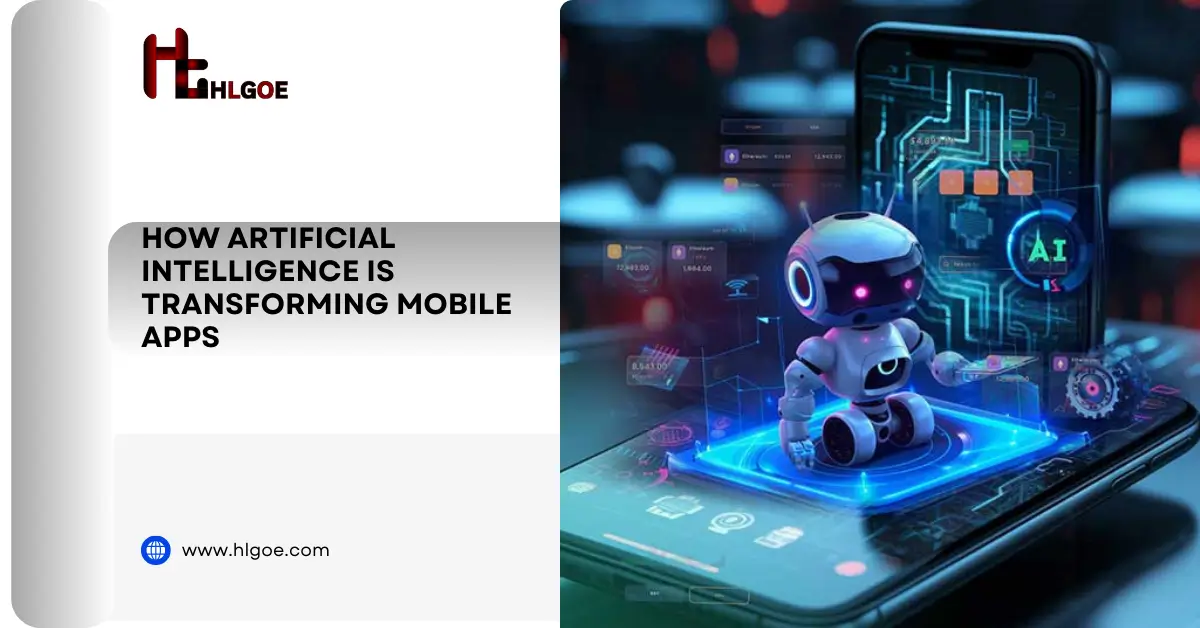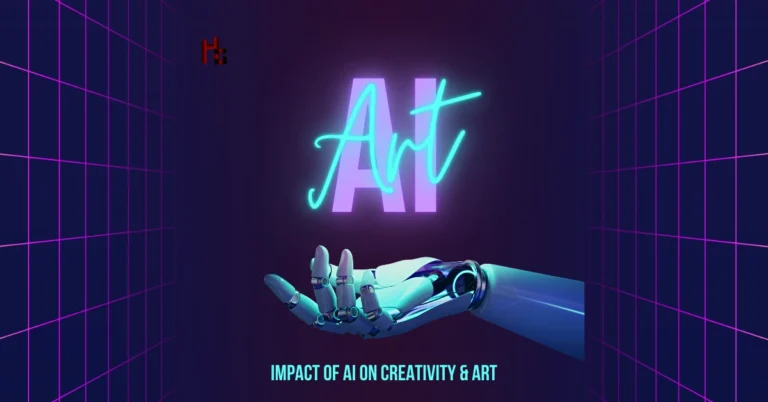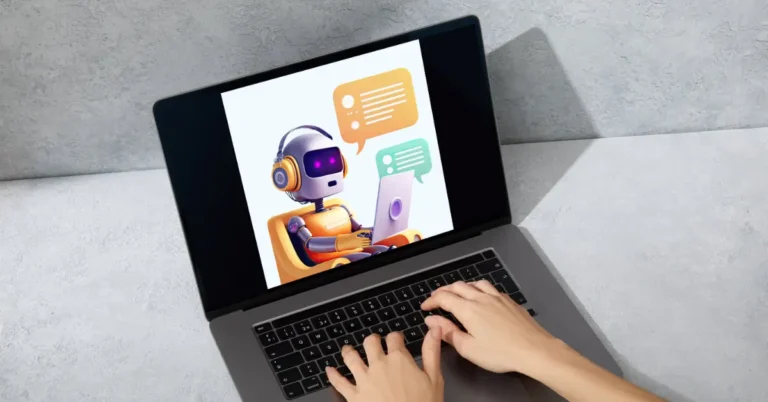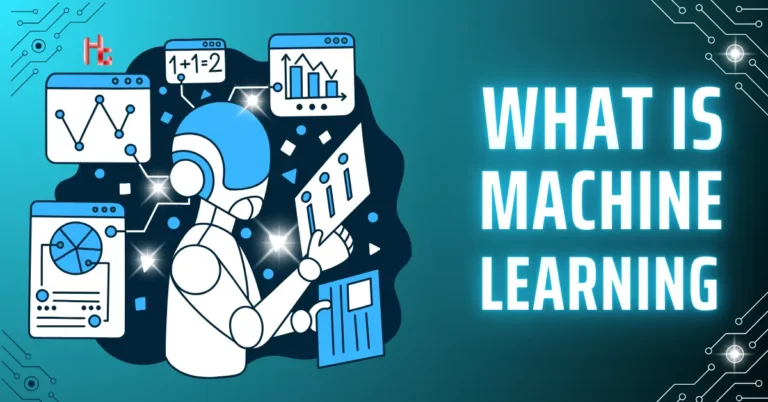How Artificial Intelligence Is Transforming Mobile Apps
In the fast evolving world of mobile app technology, developers and businesses face the challenge of creating apps that meet the increasing demands of users. Today’s mobile users expect more than just basic functionality; they want apps that are intuitive, responsive, and personalized. However, achieving this level of sophistication has often been a challenge due to the complexity and cost involved in mobile app development.
This is where artificial intelligence in apps comes into play. AI apps are revolutionizing mobile applications by integrating advanced technologies like machine learning, predictive analytics, and natural language processing to improve their intelligence. By leveraging these capabilities, mobile app technology is evolving rapidly, enabling businesses to create smarter, more efficient, and highly personalized experiences for users.
The integration of artificial intelligence in apps is no longer a luxury but a necessity for staying competitive. As we explore the benefits of AI in mobile apps, we’ll dive into how AI apps are shaping the future of mobile technology, enhancing personalization, automating tasks, and driving more intelligent interactions between users and their devices.
Understanding Artificial Intelligence in Mobile Apps
Before delving deeper into how AI is transforming mobile apps, it’s important to understand what artificial intelligence in apps really means. Simply put, AI apps are applications that incorporate AI technologies like machine learning, predictive algorithms, and natural language processing to perform tasks that would traditionally require human intelligence.
Mobile app technology has evolved significantly with the introduction of artificial intelligence in apps, making apps more intuitive and adaptive. For example, AI apps can personalize content by analyzing user behavior, provide real-time support through chatbots, and even optimize app performance through predictive maintenance.
This integration of AI is not just about making apps smarter—it’s about reimagining how they function, learn, and interact with users. By embedding artificial intelligence in apps, developers are creating applications that are capable of adapting to users’ needs, providing valuable insights, and enhancing the overall user experience.
The Importance and Benefits of AI Transforming Mobile Apps
The integration of artificial intelligence in apps has brought about significant benefits for both users and developers. As AI continues to evolve, it is transforming mobile apps in ways that significantly enhance their functionality, personalization, and user engagement. Here are some of the key benefits:
Enhanced Personalization
One of the most powerful benefits of AI apps is their ability to provide highly personalized experiences for users. By analyzing user data, AI can learn about individual preferences, behavior patterns, and previous interactions with the app. This allows artificial intelligence in apps to provide tailored recommendations, content, and services, making the app experience more relevant to each user.
For example, streaming platforms like Netflix and Spotify use AI to suggest shows, movies, or music based on the user’s history, while shopping apps can recommend products based on past purchases or browsing behavior. This level of personalization drives higher engagement, user satisfaction, and retention.
Improved Efficiency and Automation
Another significant benefit of artificial intelligence in apps is the ability to automate repetitive tasks and streamline operations. AI apps are increasingly used for automation in customer service (e.g., chatbots), data entry, task management, and even content creation. This automation saves users time and effort, allowing them to focus on more important tasks.
For example, mobile app technology powered by AI can automatically schedule appointments, send reminders, or handle customer inquiries, reducing the need for manual intervention. This not only increases operational efficiency but also enhances user satisfaction by providing instant responses and solutions.
Predictive Analytics and Smarter Decision-Making
AI’s ability to analyze data and predict outcomes is revolutionizing decision-making within mobile apps. With AI apps, businesses can leverage predictive analytics to understand user behavior and anticipate future actions, making the app experience more proactive rather than reactive.
For example, in e-commerce apps, artificial intelligence in apps can predict products users are likely to purchase next and recommend them in real-time, improving conversion rates. Similarly, in healthcare apps, AI can predict patient health trends and offer personalized treatment recommendations. The ability to anticipate user needs enhances the overall efficiency and effectiveness of mobile apps.
Enhanced User Experience with AI-Powered Features
AI integration allows mobile app technology to create more intuitive and user-friendly apps. Features such as voice recognition, image recognition, and augmented reality (AR) are increasingly powered by AI, making interactions with apps more natural and engaging.
For instance, AI-powered voice assistants like Siri, Alexa, and Google Assistant have become integral to many mobile apps, allowing users to perform tasks hands-free. Similarly, AI in apps like Google Photos helps users automatically tag and organize photos based on content, reducing the need for manual sorting. These smart features enhance the app’s usability and improve overall user satisfaction.
Boosting Security and Fraud Detection
AI is also playing a critical role in improving the security of mobile apps. With the increasing concerns over privacy and data breaches, artificial intelligence in apps is helping businesses secure sensitive information and protect users from fraud.
AI apps are capable of detecting unusual behavior, such as unauthorized login attempts, fraudulent transactions, or identity theft. By using AI to monitor and analyze user activities, apps can identify potential security threats in real-time and take appropriate action to prevent breaches. Furthermore, AI-powered biometric authentication systems (e.g., facial recognition or fingerprint scanning) offer more secure methods of verifying user identities.
Cost-Effective and Scalable Solutions for Developers
For developers and businesses, integrating AI into mobile app technology can provide significant cost savings. AI-powered tools help developers automate tedious tasks such as testing, debugging, and code generation, reducing the time and effort required for app development.
Moreover, artificial intelligence in apps allows apps to scale more efficiently. By using AI to optimize resource allocation, improve performance, and handle higher traffic volumes, developers can create more robust and scalable applications. This scalability is especially important for apps experiencing rapid growth or large user bases.
Personalization in Mobile Apps through AI
Personalization is one of the most powerful benefits of AI apps. By analyzing vast amounts of data, AI enables mobile apps to provide highly personalized experiences that cater specifically to each user’s tastes and behaviors. This is especially evident in apps like Netflix, Spotify, and Amazon, where AI apps use machine learning to recommend content based on the user’s history.
With artificial intelligence in apps, developers can create dynamic and adaptive user experiences. For example, e-commerce apps can recommend products based on a user’s browsing and purchase history, while travel apps can suggest destinations based on previous bookings or searches. These personalized features increase user engagement, satisfaction, and retention, as users feel that the app understands and caters to their needs.
Personalization is no longer a luxury; it is an essential aspect of mobile app technology that keeps users coming back for more.
Automation in Mobile App Technology: The Power of AI Apps
AI-driven mobile app technology excels at automating tasks, which improves efficiency and reduces the need for human intervention. By integrating artificial intelligence in apps, developers can automate various processes that were traditionally time-consuming and labor-intensive.
For instance, AI apps are commonly used for chatbots in customer service, automating customer support by answering common queries, troubleshooting issues, and even processing transactions. This automation ensures that users receive immediate help and reduces the workload for human agents.
Additionally, mobile app technology powered by AI can automatically handle tasks such as scheduling, reminders, and data management. In productivity apps, for example, AI can help users optimize their time by suggesting the most efficient ways to complete tasks or reminding them of important deadlines.
AI is revolutionizing the way mobile apps operate by reducing manual work and providing users with immediate, automated services.
AI-Powered Mobile App Development Tools
The integration of AI into mobile app technology is not only changing the user experience but also the app development process itself. AI apps offer developers a wide range of tools that enable them to build smarter and more efficient applications. These tools, powered by AI, can help with coding, testing, debugging, and performance optimization.
Platforms like Google’s Firebase and Microsoft’s Azure are prime examples of development environments that provide developers with artificial intelligence in apps tools. These platforms offer a variety of AI-driven features that help developers incorporate advanced functionalities like voice recognition, image analysis, and predictive analytics into their apps.
By leveraging AI-powered development tools, developers can significantly accelerate the app development process, making it easier to create sophisticated and intelligent AI apps. This not only speeds up the time to market but also ensures that the final product is more robust, efficient, and capable of meeting user needs.
The Future of AI in Mobile Apps: The Evolution of Mobile App Technology
Looking toward the future, artificial intelligence in apps is poised to play an even larger role in the evolution of mobile app technology. As AI technology continues to advance, we can expect AI apps to become even more integrated into the mobile ecosystem, enabling apps to deliver increasingly personalized, efficient, and intelligent experiences.
For example, the rise of 5G technology will likely accelerate the capabilities of AI in mobile apps by enabling real-time data processing and reducing latency. This will make it possible for mobile apps to provide even more interactive features, such as augmented reality (AR) and virtual reality (VR), powered by AI.
In the coming years, AI will continue to push the boundaries of what’s possible in mobile app technology, leading to smarter, more adaptive apps that understand and respond to users in real-time.
Conclusion
The impact of artificial intelligence in apps has been transformative, and its potential for further innovation in mobile app technology is immense. From enhancing user experiences with personalization and automation to providing developers with powerful tools for smarter app development, AI is revolutionizing the mobile app landscape.
As we move forward, AI apps will become increasingly integral to how mobile apps are designed and used. By embracing AI, businesses and developers can create smarter, more engaging, and highly efficient mobile apps that not only meet but exceed user expectations.
The future of mobile app development is undoubtedly shaped by artificial intelligence in apps, and the opportunities for innovation are limitless. As AI continues to evolve, the next generation of mobile app technology will deliver experiences that are more personalized, automated, and intelligent than ever before.







